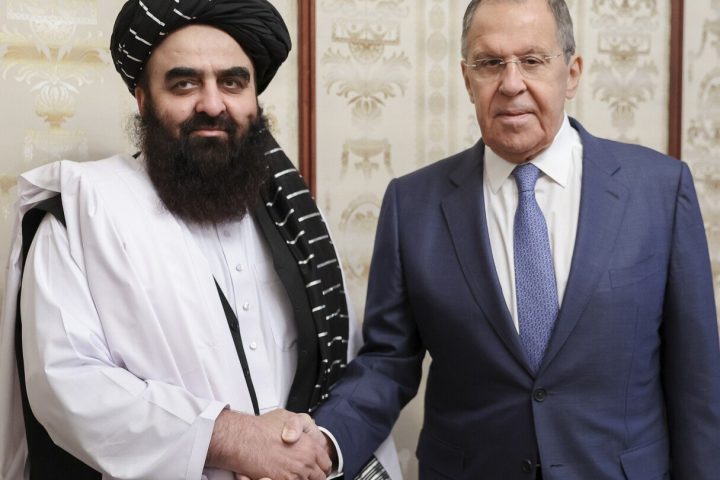The over two-decade reign of Bashar al-Assad and the Assad family’s half-century rule over Syria has come to an end as rebel leaders announced on Sunday that they have seized control of the country’s capital, Damascus.
This followed a rapid offensive that overwhelmed government defenses and left the presidential palace vacant, with Assad missing.
Join our WhatsApp ChannelRebel factions, led by the Islamist group, Hayat Tahrir al-Sham, declared Damascus “liberated” and said, “We announce the freedom of our city and the fall of the tyrant Assad.”
Thousands of jubilant Syrians poured into the streets of Damascus, waving flags and chanting “Freedom,” marking a historic moment in the nation’s prolonged conflict. Witnesses reported that crowds gathered at central squares, celebrating what many described as liberation from decades of autocratic rule, according to reports from Reuters.
Images and reports from inside the Al-Rawda Presidential Palace revealed people walking through its halls, with some taking furniture and other items. The absence of security forces suggested the capital had fallen without significant resistance.
Rebel spokespersons confirmed that prisoners from a major detention facility on the outskirts of Damascus had been released, many of whom had been political prisoners detained during Assad’s regime.
“We celebrate with the Syrian people the news of freeing our prisoners and releasing their chains,” read a statement from the rebels.
Rami Abdurrahman of the Syrian Observatory for Human Rights told Aljazeera that Assad fled Damascus early Sunday morning. This was later confirmed by Russia’s Foreign Ministry, which stated that Assad had left the country and instructed a peaceful transfer of power to a transitional authority.
READ ALSO: Syria Offers Russia Support In Ukraine Conflict, UK Backs Ukraine On Eurobond Suit
Bashar al-Assad assumed the presidency in 2000 following the death of his father, Hafez al-Assad, who had ruled Syria for nearly three decades, starting from 1971, after he was prime minister for 2 years. The civil war, which has plagued Syria since 2011, began as a result of opposition leaders—tired of Assad’s iron-fist rule—demanding his resignation.
The Russian government’s statement marked a notable shift from its long-standing support for Assad throughout Syria’s civil war. Analysts suggest that Assad’s departure and Moscow’s acknowledgment of the rebels’ victory signal an end to his rule and a potential new chapter for Syria.
The Syrian rebel coalition, now assuming authority, said efforts are underway to establish a transitional governing body with full executive powers. In a statement, the coalition declared:
“The great Syrian revolution has moved from the stage of struggle to overthrow the Assad regime to the struggle to build a Syria together that befits the sacrifices of its people.”
Meanwhile, Abu Mohammed al-Julani, commander of the influential Hayat Tahrir al-Sham faction, indicated that existing state institutions would remain operational under the supervision of Assad’s former prime minister until the official handover process is completed.
The fall of the Assad regime represents a dramatic turning point in Syria’s history, ending an era marked by civil war, widespread displacement, and international intervention. Nearly half a million people have been killed, and half of Syria’s pre-war population of 23 million has been displaced. Millions fled to neighbouring countries with many seeking refuge in Europe and America. As the transitional government takes shape, Syrians and the international community alike face the challenge of rebuilding a nation fractured by years of violence and political unrest.

















Follow Us